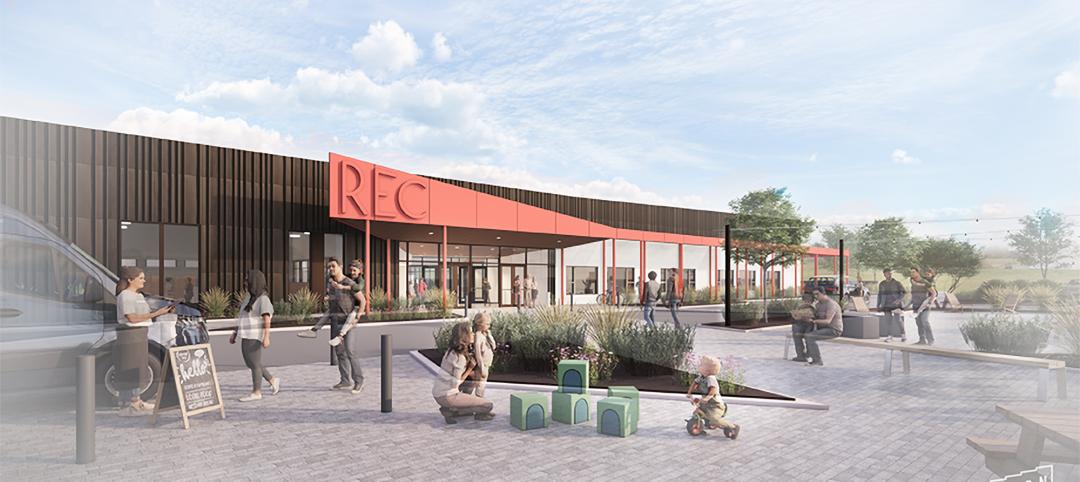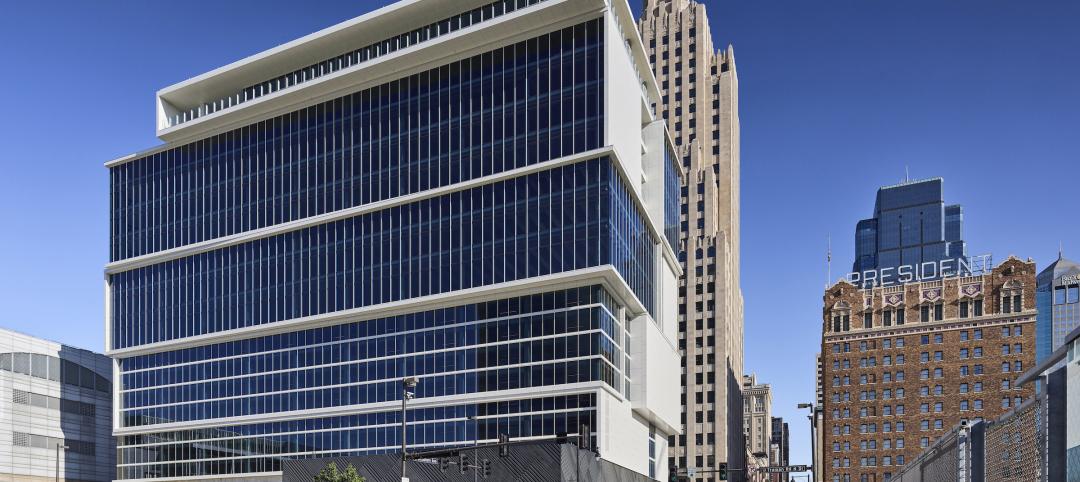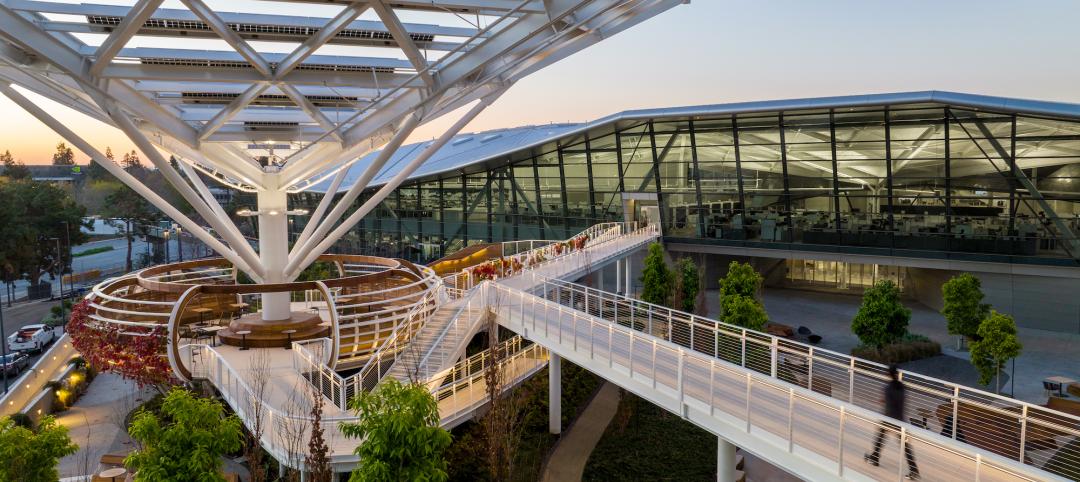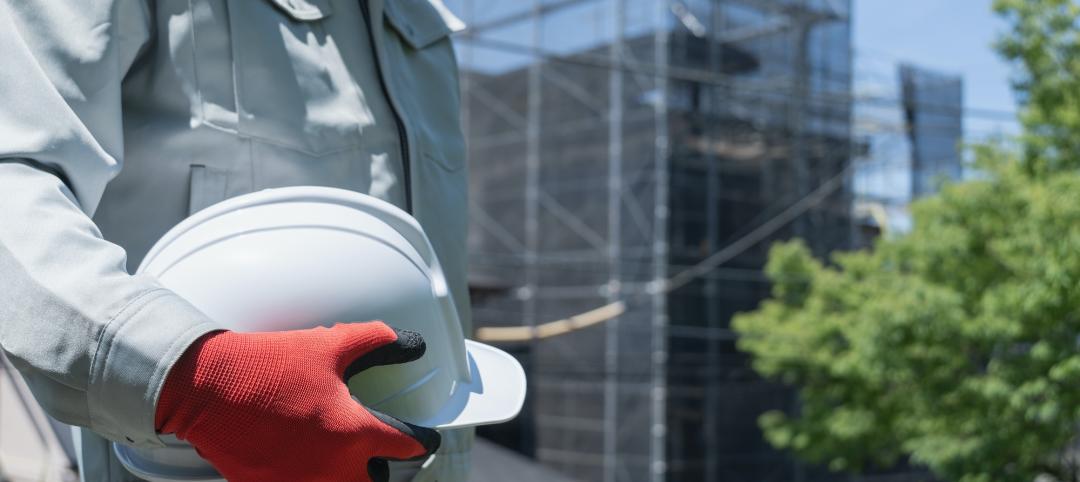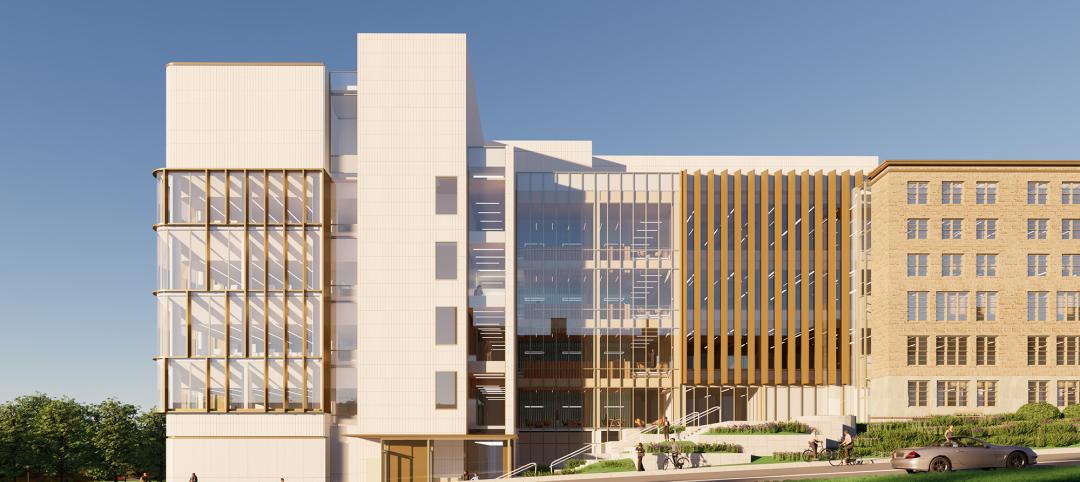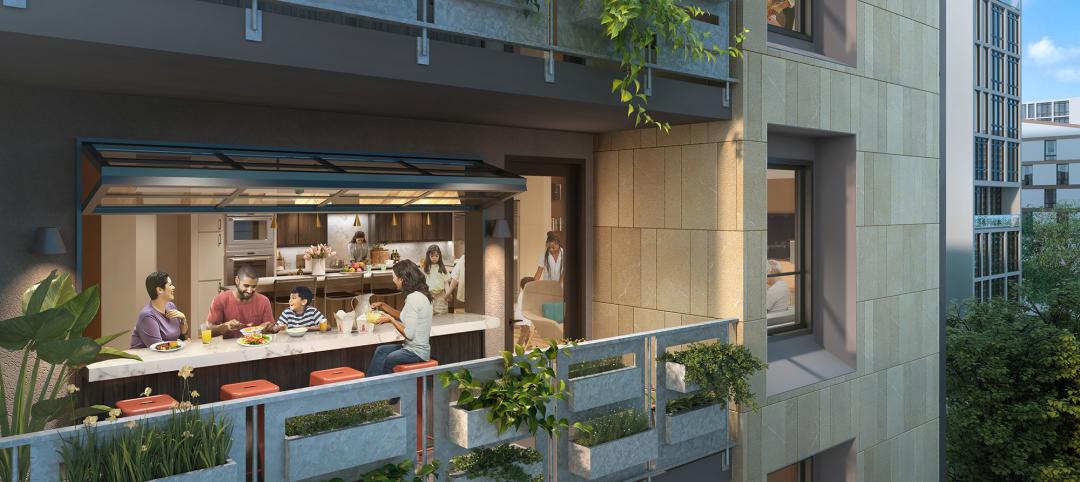Seven years before the COVID-19 pandemic took hold in the U.S. and forever changed how many Americans view their career, work environment, and true value to their employer, the Reddit subreddit r/Antiwork was born, largely as a protest against—and discussion forum about—the mounting pressures everyday workers face in a purely capitalistic society. Bad bosses, low wages, long hours, lack of overtime, dwindling benefits, dead-end positions, ever-demanding customers, meaningless jobs, brutal commutes, to name a few.
Now, nearly two years into the pandemic, the underlying message of r/Antiwork’s forums is ringing truer than ever. The subreddit is one of the fastest-growing and most-active discussion boards on the social media platform, with 1.66 million subscribers, up from a little over 100,000 at the outset of the COVID-19 outbreak.
At its core, r/Antiwork isn’t about abolishing work or people quitting their jobs—although examples of the latter can be seen throughout the feed, with screenshots of dramatic and often humorous text exchanges with supervisors at the moment of resignation. Rather, the subreddit is about empowering the labor force by any means necessary—ask for that raise, negotiate a hybrid work schedule, demand a reasonable workload. If all else fails, be confident enough to walk away for a better opportunity. Don’t settle for the norms that Corporate America has established.
While the architecture profession is not featured prominently in r/Antiwork—lower-paying, hourly jobs like retail, restaurant, and small business positions tend to be the focus—the industry is not immune to the ills that plague American work culture. Architects stand with doctors and lawyers as among the most highly educated and credentialed professionals in the nation. They work long hours, with demanding deadlines and little schedule flexibility—yet with meager pay relative to their peers in the legal and medical professions.
It’s no surprise, then, that signs of the r/Antiwork movement are starting to appear in the architecture field. The most glaring example is at New York City-based SHoP Architects. There, employees of the 135-person firm announced in late December that they are advancing a plan to form a union, citing low pay and long hours. If formalized, the effort would be the first to successfully create a union at a prominent private-sector architecture firm in the U.S., according to the New York Times. At the time of the report, more than half of SHoP’s eligible colleagues had signed cards supporting the union, which would affiliate with the International Association of Machinists and Aerospace Workers.
The Times reported that two other prominent New York firms are following suit. I expect other AE firms to join the movement in the coming months.
Related Stories
Adaptive Reuse | Aug 31, 2023
New York City creates team to accelerate office-to-residential conversions
New York City has a new Office Conversion Accelerator Team that provides a single point of contact within city government to help speed adaptive reuse projects. Projects that create 50 or more housing units from office buildings are eligible for this new program.
Codes and Standards | Aug 31, 2023
Community-led effort aims to prevent flooding in Chicago metro region
RainReady Calumet Corridor project favors solutions that use natural and low-impact projects such as rain gardens, bioswales, natural detention basins, green alleys, and permeable pavers, to reduce the risk of damaging floods.
Adaptive Reuse | Aug 31, 2023
Small town takes over big box
GBBN associate Claire Shafer, AIA, breaks down the firm's recreational adaptive reuse project for a small Indiana town.
Giants 400 | Aug 31, 2023
Top 35 Engineering Architecture Firms for 2023
Jacobs, AECOM, Alfa Tech, Burns & McDonnell, and Ramboll top the rankings of the nation's largest engineering architecture (EA) firms for nonresidential buildings and multifamily buildings work, as reported in Building Design+Construction's 2023 Giants 400 Report.
Giants 400 | Aug 30, 2023
Top 75 Engineering Firms for 2023
Kimley-Horn, WSP, Tetra Tech, Langan, and IMEG head the rankings of the nation's largest engineering firms for nonresidential buildings and multifamily buildings work, as reported in Building Design+Construction's 2023 Giants 400 Report.
Building Team | Aug 28, 2023
Navigating challenges in construction administration
Vessel Architecture's Rebekah Schranck, AIA, shares how the demanding task of construction administration can be challenging, but crucial.
Laboratories | Aug 24, 2023
Net-zero carbon science center breaks ground in Canada
Designed by Diamond Schmitt, the new Atlantic Science Enterprise Centre (ASEC) will provide federal scientists and partners with state-of-the-art space and equipment to collaborate on research opportunities.
Multifamily Housing | Aug 24, 2023
A multifamily design for multigenerational living
KTGY’s Family Flat concept showcases the benefits of multigenerational living through a multifamily design lens.
Multifamily Housing | Aug 23, 2023
Constructing multifamily housing buildings to Passive House standards can be done at cost parity
All-electric multi-family Passive House projects can be built at the same cost or close to the same cost as conventionally designed buildings, according to a report by the Passive House Network. The report included a survey of 45 multi-family Passive House buildings in New York and Massachusetts in recent years.
Regulations | Aug 23, 2023
Gas industry drops legal challenge to heat pump requirement in Washington building code
Gas and construction industry groups recently moved to dismiss a lawsuit they had filed to block new Washington state building codes that require heat pumps in new residential and commercial construction. The lawsuit contended that the codes harm the industry groups’ business, interfere with consumer energy choice, and don’t comply with federal law.





